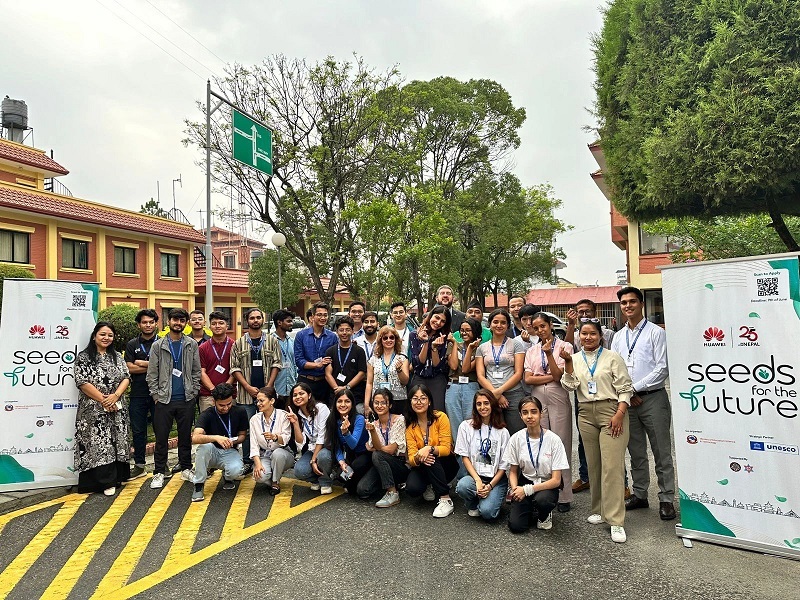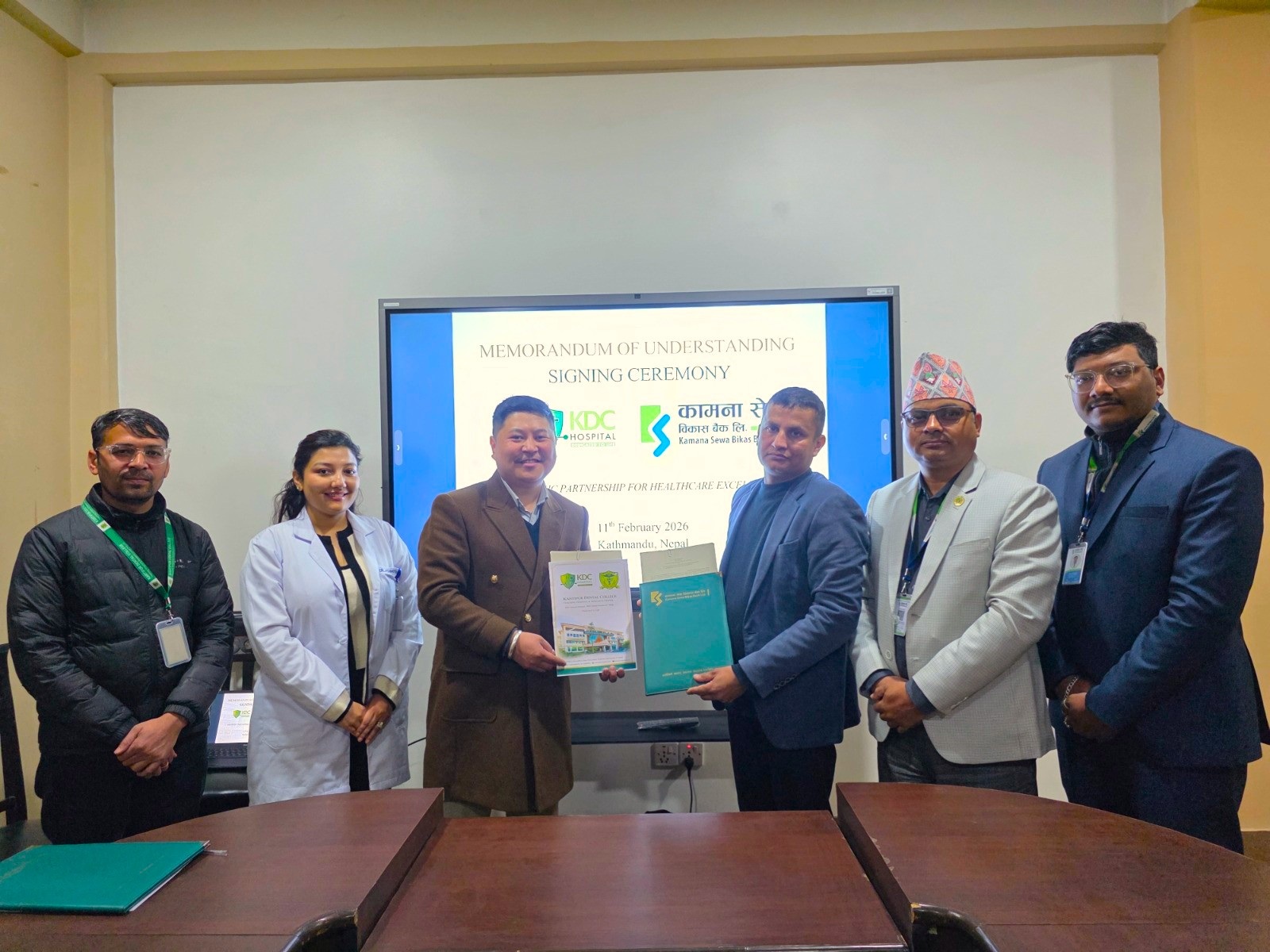UNESCO’s Historic Workshop on AI Ethics Empowers Youth in Nepal
18 June 2024, Kathmandu
UNESCO organized a workshop on AI ethics for young participants of the 2024 Huawei Seeds for the Future program in Nepal.
UNESCO’s Historic Workshop on AI
This event marked the country’s first concerted effort to engage youth—the AI actors—as key contributors to shaping ethical considerations in technology.
Key Highlights:
Human-Centric Approach: The workshop emphasized principles that prioritize human rights and dignity. Transparency, fairness, and human oversight were central to discussions.
Digital Divide Bridging: Participants explored ways to create AI technologies that bridge the digital gap in Nepal, ensuring accessibility and inclusivity.
Gender Balance: The discussions highlighted the importance of gender-balanced AI development.
Health and Social Wellbeing: The workshop addressed AI’s impact on health and social welfare.
This initiative underscores UNESCO’s commitment to ethical AI development, aligning with its global standard—the ‘Recommendation on the Ethics of Artificial Intelligence,’ adopted by all 193 Member States in November 2021.
UNESCO’s Historic Workshop on AI
UNESCO recommendation on the ethics of artificial intelligence (AI) adopted on November 23, 2021. It addresses the profound impact of AI on societies, environments, ecosystems, and human lives, both positively and negatively.
The recommendation recognizes the transformative potential of AI technologies in fields such as education, science, culture, and communication, while also highlighting the ethical challenges they pose.
These challenges include issues of bias, discrimination, inequality, transparency, and the potential for AI to exacerbate digital divides and social injustices.
The recommendation aims to guide the responsible development and use of AI technologies, emphasizing the need for ethical governance, human rights protection, and the promotion of social and economic justice.
The recommendation outlines key values and principles to be upheld in the development and deployment of AI technologies.
These include human dignity, well-being, justice, fairness, and environmental sustainability. It stresses the importance of transparency, accountability, and inclusivity in AI systems, ensuring that their benefits are equitably distributed and that no one is left behind.
The document also emphasizes the need for global cooperation and solidarity to address the ethical and societal challenges posed by AI.
It calls on member states to adopt and implement these ethical guidelines, involving all stakeholders, including businesses, civil society, and international organizations, to ensure that AI technologies contribute positively to human and environmental well-being.







